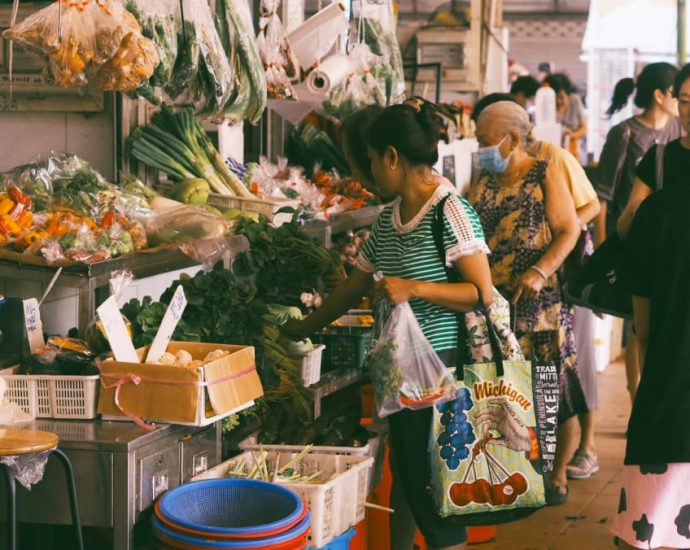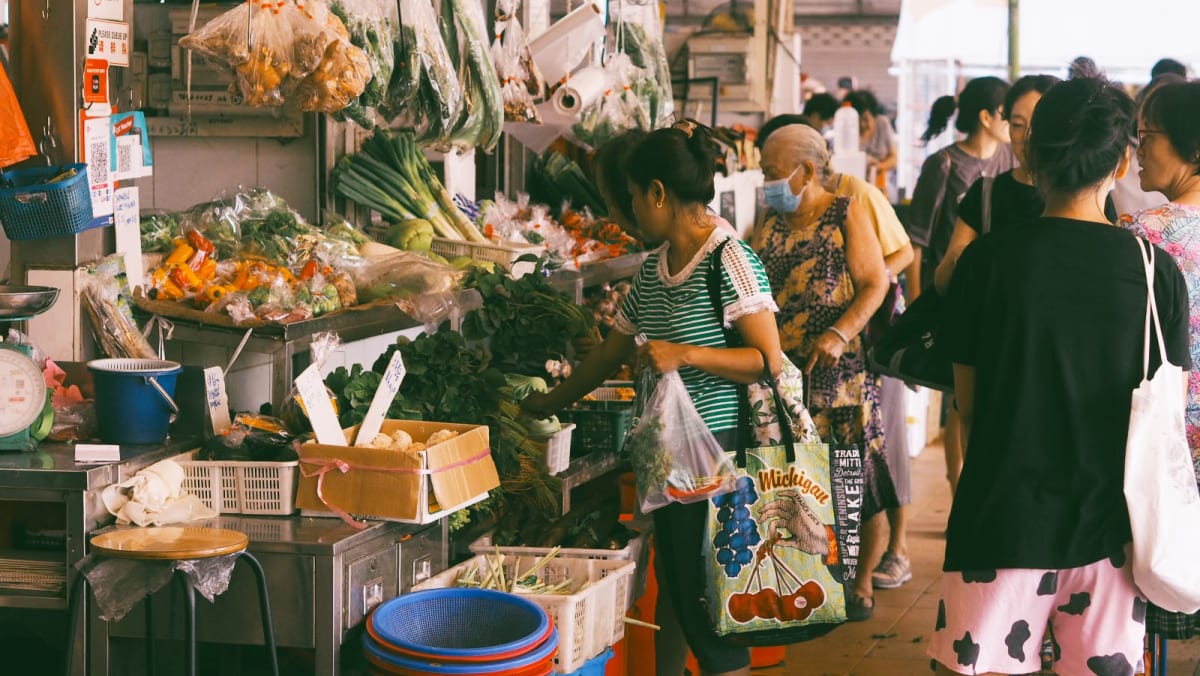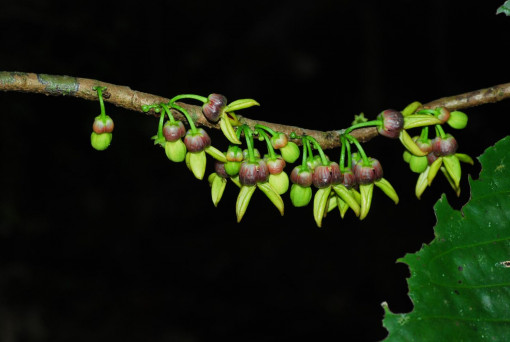Commentary: Why are sinus problems so common in Singapore?

You may perceive this as a “sensitive” nose. You sneeze, your nose clogs up and runs, and your eyes itch and water soon after you enter a dusty space, play with a furry pet or handle soft toys.
This is allergic rhinitis and the triggers are environmental allergens. This condition is prevalent locally, affecting about 1 in 10 Singaporeans. The most common allergens are house dust mites and cockroaches, which shed proteins that set off sensitive individuals. In temperate counties, pollen allergy is more prevalent.
A similar condition is non-allergic rhinitis, in which nasal inflammation is triggered by non-specific irritants such as temperature changes, pollution or certain odours.
RHINOSINUSITIS
If you have nasal congestion that is accompanied by thick mucus, loss of smell and pain or pressure over your face, you may have rhinosinusitis.
Rhinosinusitis is inflammation of the paranasal sinuses – air-filled spaces that drain into the nose – in addition to the nasal cavity.
In some cases of rhinosinusitis, pus wells up within the sinuses, which can give you pain or pressure over your face. The pus can overflow into the nasal cavity, bringing with it a putrid smell. It can drip backwards into the throat, giving you a cough and sore throat.
If you think these symptoms sound similar to a viral infection, you are not wrong. During the days of COVID-19, rhinosinusitis patients often had their symptoms mistaken for COVID-19 and endured multiple rounds of nasal swabbing even though they weren’t infectious.













